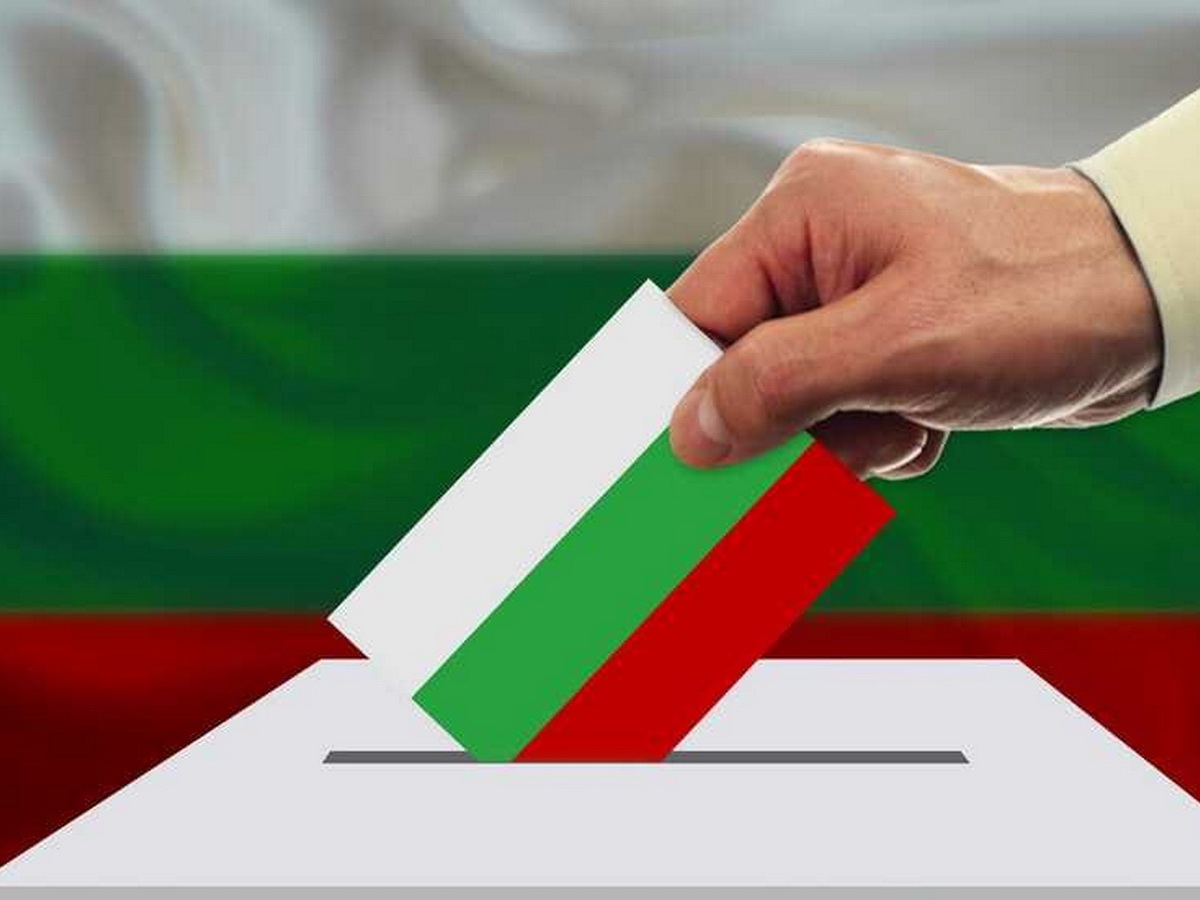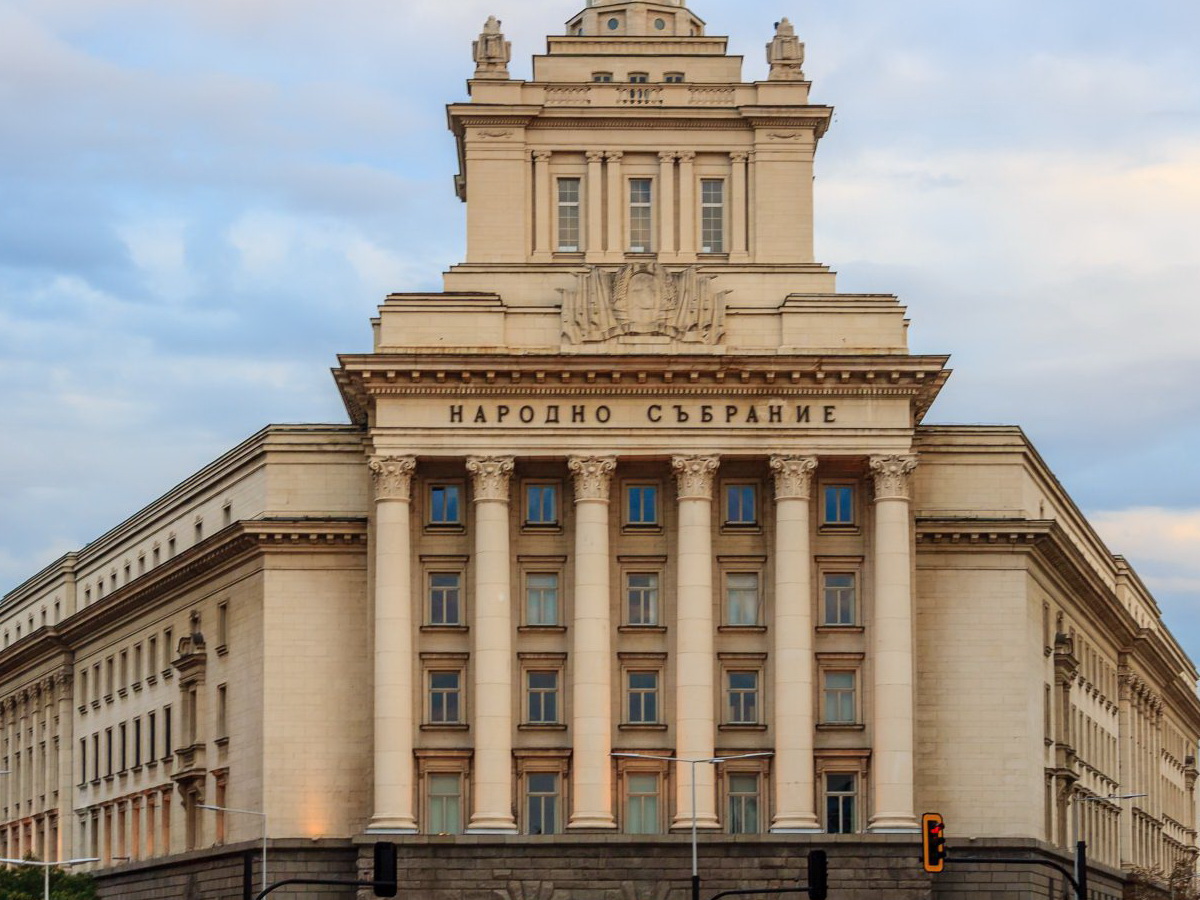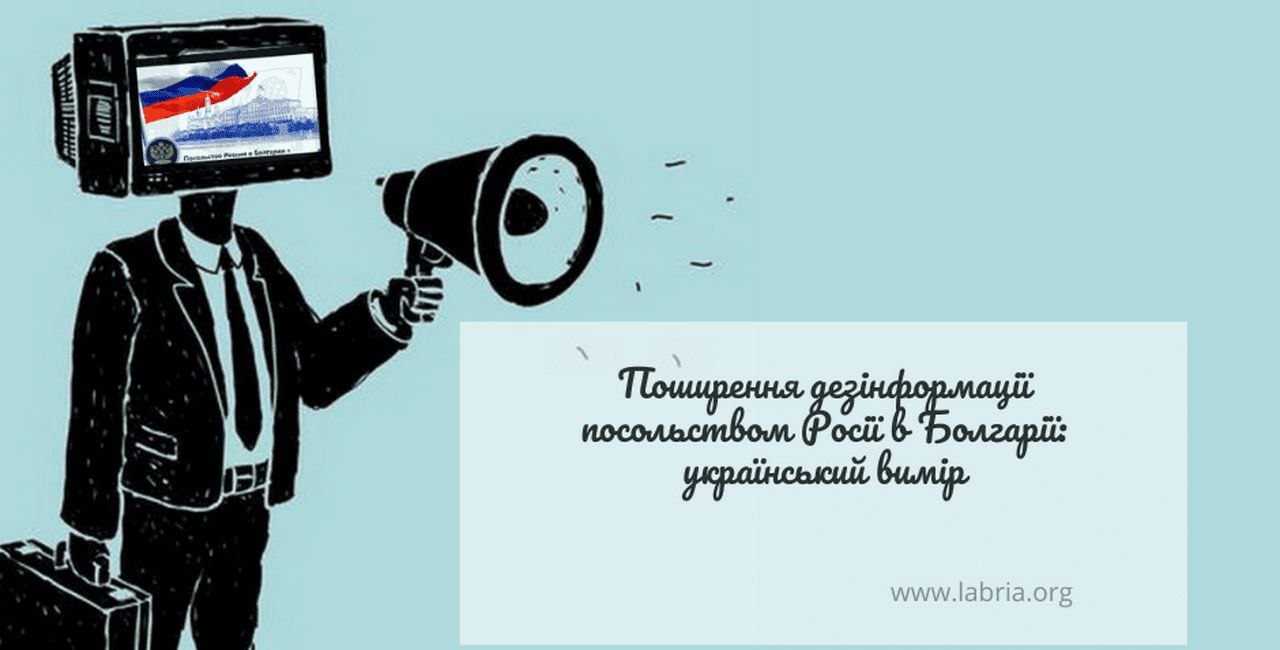
On October 27, 2024, Bulgaria will hold another snap parliamentary election, which was the result of a protracted political crisis. Over the past three years, Bulgaria has held six parliamentary election campaigns, none of which have been able to lead to a stable government. The vote is another attempt by the country to break the political deadlock, but with low trust in parties and social divisions, analysts predict that Bulgaria could once again find itself in a turbulent zone.
According to the Bulgarian sociological survey conducted by the Alpha Research agency from October 20 to 23 among 1,000 adults from across the country, the campaign remains sluggish and devoid of voter interest, which is supported by the low level of turnout. Only 30-32% (from 2 million to 2.2 million) of citizens will participate in the elections, which indicates deep apathy and distrust in political forces. Despite this, the campaign also has negative reviews: about 14% of respondents noted conflict during the election race, and another 13% - about attempts to influence voters through financial or other pressure.
Potential Lineups in the New Parliament
According to surveys, the GERB-SDS coalition has the best chance of winning, having long held the leading position with support of about 26.5%. The fight for second place is between the “Continue Changes – Democratic Bulgaria” coalition (PP-DB) and the “Vazrazhdane” party, whose rating fluctuates between 14-15%. However, neither PP-DB nor Vazrazhdane can count on stable voter support, which reduces their chances of forming a government without the support of other parties.
It is predicted that the “Alliance for Rights and Freedoms”, a faction representing the interests of ethnic Turks, and “DPS – New Beginning”, which broke away from the traditional DPS and has support mainly in small towns, will also enter the parliament. Both parties are within 7-8% support, making them important players for coalition formation.
Bulgaria's political crisis began in 2021 amid anti-corruption protests and growing public discontent with mafia-style control of state institutions. Against this backdrop, traditional parties are losing support, paving the way for new forces, such as the Vazrazhdane party, which openly supports pro-Russian ideas and opposes Bulgaria's membership in the EU and NATO.
A coalition between GERB-SDS and PP-DB remains the most likely option for forming a government. Last year, the parties even tried a rotational government model by concluding a "gentlemen's" agreement, but this experiment ended in failure. If a compromise is not found this time, the political crisis risks deepening, delegitimizing the entire political system of the country in the eyes of citizens.
Conclusion
It is likely that after the distribution of seats in the 51st National Assembly of Bulgaria, we will see an attempt to create a coalition between former partners: GERB-SDS, PP-DB and the renewed "Alliance for Rights and Freedoms" of Ahmed Dogan (formerly DPS). To form a government, they will need the support of at least 121 deputies, which will require complex coalition negotiations. At the same time, it remains unclear what role the new formation "DPS - New Beginning" led by Delyan Peevski will play in the new parliament. Given the position of the PP-DB, which is categorically against cooperation with the head of the DPS “Novo nachalo”, due to his corrupt actions and the oligarchy that he is building, it is unlikely that Peevsky’s party will become part of the new coalition. Instead, its role may be limited to supporting individual bills as needed if the main coalition lacks votes. If Peevsky does not find a “place under the sun” in the new parliament, the DPS-“Novo nachalo” may join the opposition camp, which will likely include “Vazrazhdane”, BSP, “Ima takyi narod” (ITN) and other small parties. This creates the potential for serious political opposition, especially given the differences in foreign policy orientation and domestic policy in Bulgaria.
The GERB-SDS, in turn, seeks to maintain its leading role and will make every effort to avoid another election, while the PP-DB agrees to negotiations only if the GERB supports anti-corruption reforms and does not nominate Boyko Borisov for the post of Prime Minister. The PP-DB believes that the blocking of anti-corruption reforms is due to Peevsky's influence, which leaves key issues of trust and stability unresolved. The political situation in the 51st National Assembly of Bulgaria will be complex and will depend on many factors, including the willingness of political leaders to resolve the crisis. However, even under the most optimistic forecasts, the prospects for a stable coalition remain uncertain, and the creation of a majority is unlikely. If the 51st National Assembly fails, Bulgaria will likely go to new snap parliamentary elections as early as spring 2025, which would once again leave the country under the leadership of an interim government that is limited in its capabilities compared to a permanent one.
This would postpone pressing issues such as Bulgaria's full membership in the Schengen area, joining the Eurozone, and the implementation of many reforms, which would once again remain off the country's agenda. The early parliamentary elections on October 27, 2024 are crucial for the future of Bulgaria, but given the low turnout and public apathy, the new parliament is unlikely to be able to overcome the political crisis without large-scale reforms and significant compromises between political forces.
Author: Mikhail Panayotov,
Expert of the Laboratory of Research and Information Analysis




